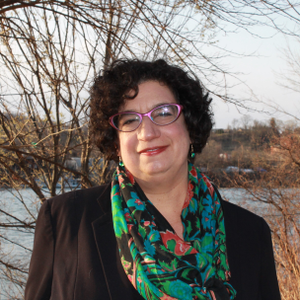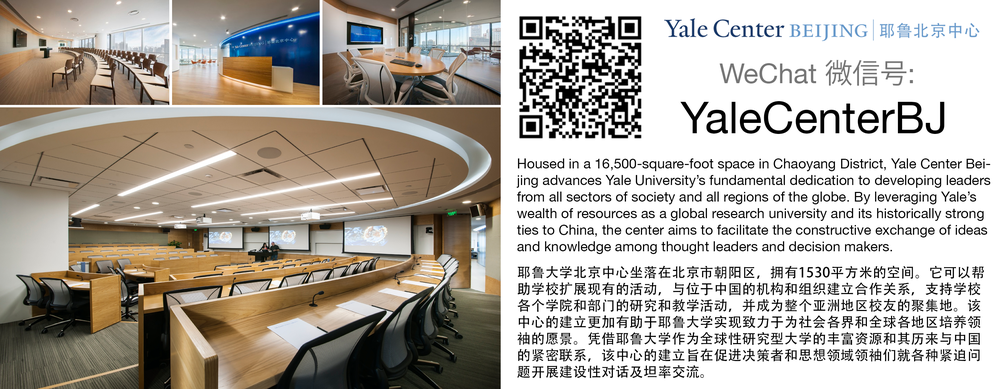Event Details
From Neolithic times to the present day, the Yellow River and its watershed have both shaped and been shaped by human society. Using extensive documentary records combined with archaeological evidence and observations from environmental science to create data-informed maps and timelines, it is possible to trace the long-term effects of environmentally significant human activity on the Yellow River. This talk, based on Mostern's 2021 book, The Yellow River: A Natural and Unnatural History, explains the long history of the human relationship with water and soil and the consequences, at times disastrous, of ecological transformations that resulted from human decisions. This work, about patterns, transformations, and devastating ruptures throughout ecological history, also has implications about the way we continue to affect the natural systems upon which we depend.




